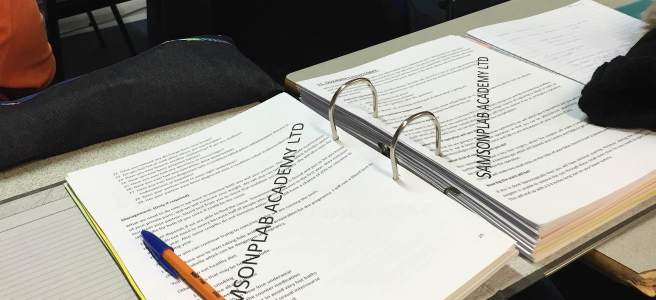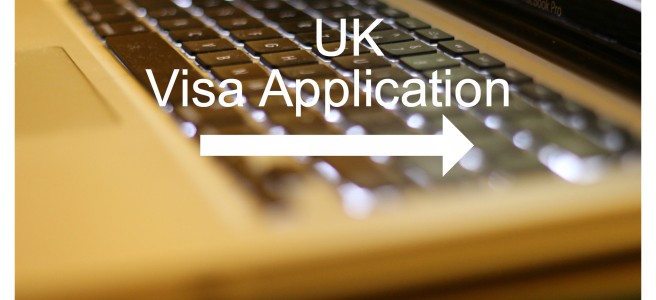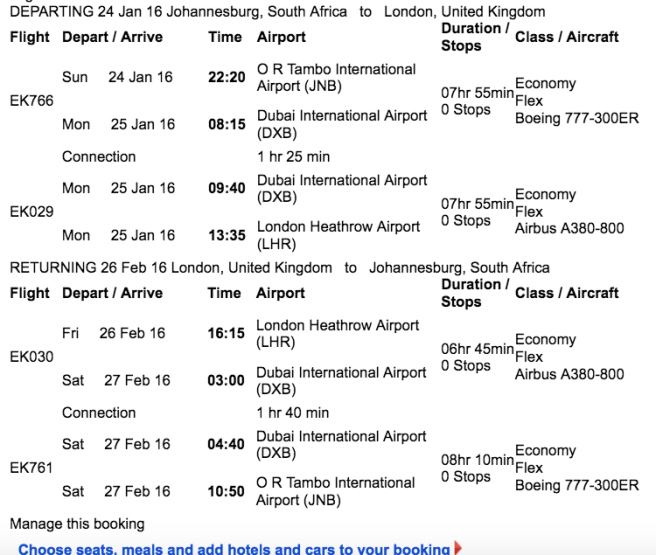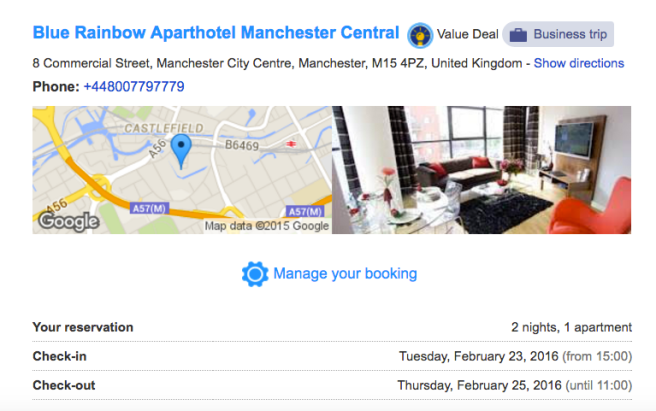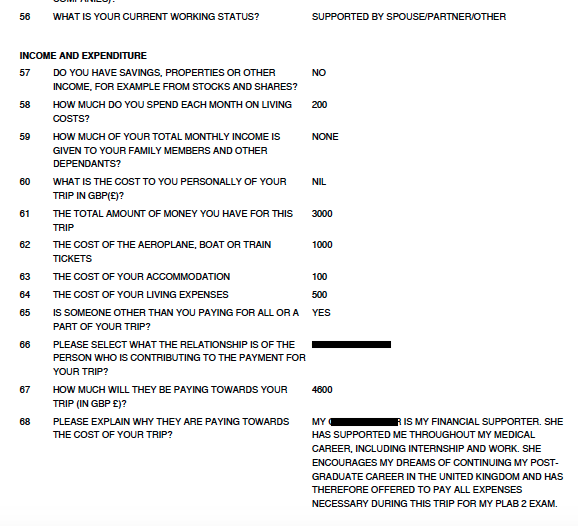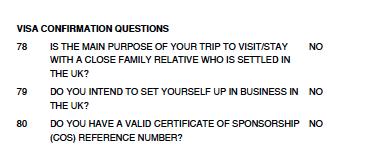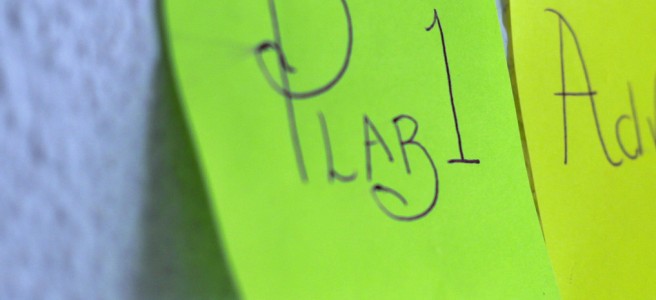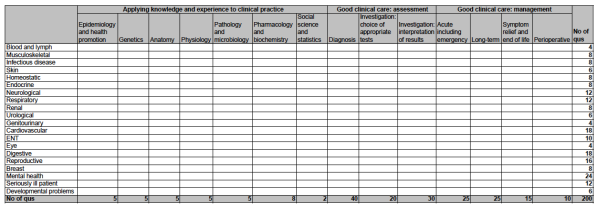Where do I begin? The PLAB 2 experience is a totally different ball game to the PLAB 1 and IELTS. I’d like to say it was all fun and games but the statement used by Samson Academy ‘feel the pain’ adequately sums up the experience (for me at least).
Here I’ll be writing about my experience and also giving you a few tips to help the process go a lot more smoothly than it did for me.
The Academy
There is a big debate over which academy is the better. I personally feel that one academy cannot be compared to another and that it is not the academy that ultimately determines how you perform but your dedication that eventually decides the outcome.
I have heard absolute wonderful reviews about Dr. Hamed’s course I, however, cannot speak about the academy itself as I attended the Samson Academy.
How to pick your academy
Schedule: Which academy best fits in with your schedule? You should have a sufficient amount of time after the course to read the notes on your own. I personally suggest starting the course at least a month before your exam. e.g If your exam is on the 25th of November, start the course by the 25- 30th of October. Having said that, if you want to be absolutely sure you have a good amount of time to read or you get nervous easily you may need more time to prepare, therefore, aim to start your course one month and a half to two months before your exam date.
The academy your friends or study partner’s attending: Having a support system during this exam can make the process a lot easier. Try to make the decision with a study partner or a friend. I personally did not plan my course along with anyone and I WAS able to cope, however, it can get a little difficult trying to make a plan with people you have just met at the academy as your schedules might not coincide.
Reviews: I read review after review. I personally think that everyone will have their own opinions. There is good and bad to everything. If you maintain a positive attitude and focus on the task at hand you will be fine at any academy. At the end of the day every academy is supplying us with more or less the same information it is just up to you to put that into practice.
Samson Academy
I have nothing but praise for the academy when it comes to my PLAB 2 course. A lot of people might say that i am biased because I passed the exam, however even if I had not passed the exam it would have not been the fault of the academy as they provided us with all the tools we needed to pass.
The course consists of 10 days of teaching and 5 mocks. The classes start at 10am and run till 7pm. We are given all the material on hard copy in a large file with dividers.
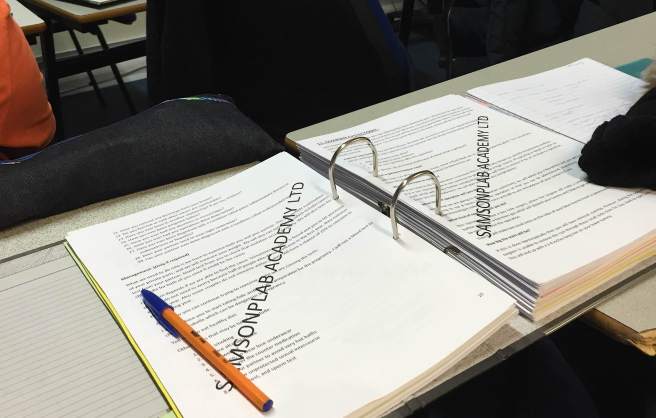
My schedule was as follows:
Day 1: OBG
Day 2: Paediatrics
Day 3: Surgery
Day 4: Miscellaneous
Day 5: Psychiatry
Day 6: Medicine
Day 7: Orthopaedics and Surgery Examination
Day 8: Medicine Examination
Day 9: Manikins (day 1)
Day 10: Manikins (day 2)
We were a big batch and we were – therefore – divided into 2 groups, each of which has about 20 students. On the weekends the class was larger as those taking the weekend class would join. I liked having a large class as it was a lot more active and more questions were asked. Also there is more than enough space in the class to accommodate the larger numbers.
History Taking & Counselling
The first 6 days were history taking and counselling classes. In these classes they begun by explaining to us about how we need to behave during our exam. Initially this seemed quite ridiculous but it was one of the most important things in the exam itself and one of the things that a lot of us messed up on.
We then went on to discuss specific cases e.g. counselling a woman who had a missed miscarriage or taking history from a mother who’s child has been having bloody diarrhoea. We always discussed the common stations first and then briefly went through the uncommon stations. After reading through a few cases the doctor teaching us would ask someone to come up in front of the class and they would practice a case with the teacher acting as a simulator. This helped us assess our peers and if you were the victim (:p) It helped you assess your strengths and weaknesses as the class would tell you what you did right and wrong.
Examination & Manikins
The last 4 days were examination and manikins. I absolutely loved these sessions and the doctors who taught us were very good! We would practice every examination after we were done being taught it and they would also demonstrate how to effectively complete the examination in 5 minutes. The manikins were quite straight forward and to the point as we were a large class we were not able to practice in class so we made sure to practice after the course was done.
The facilities
Classrooms – they are quite spacious and comfortable.
Tea/ coffee room – Has an unlimited supply of tea and coffee. We often would go there in between or even during classes and chat with one another. I would particularly chat with the people who were doing the exam before me or who had completed the exam and get some tips and share experiences.
Manikin rooms – There are two rooms with about 7 (not sure the exact number) cubicles, each of which have a manikin inside it they also have ipads in which you can play the video on how to perform the procedure or examination.
Mock rooms – These have cubicles to create stations for the exam. The rooms are quite small in comparison to the actual exam but it got the job done.
The Mocks
We had 5 mocks in total. I literally cannot stress enough the importamce of these mocks and how they helped boost our confidence and reveal our flaws. The mock schedule was as follows
Mock 1: Full Mock – this consisted of history taking, counselling and talking manikin
Mock 2: Full Mock – this was also history taking, counselling and talking manikin
Mock 3: Examination Mock – This covered all the important examinations
Mock 4: Manikin Mock – this covered all the important manikins
Mock 5: Full Mock – This was the final history taking, counselling and talking manikin
My experience
I remember reading other people discussing about the importance of these mocks and I took their word for it. There were points at which i just didn’t want to go because I felt unprepared or I thought that revising would be more beneficial. I am very glad I decided to attend them as they really showed me what I needed to work on.
My first mock was actually ‘Mock 2’ as I had fallen ill (winter cold) during the first mock. I did however get the opportunity to read all the cases and felt pretty confident in my knowledge. Wow was I wrong! My knowledge and confidence seemed to have evaporated the moment i entered into the mock. I noticed my hands getting sweaty and I started doubting myself which was the only reason I had performed badly in some of the stations. All i can remember thinking when i exited the exam was “oh my goodness, I am so glad that wasn’t the real thing.”
As time progressed and with each mock exam I found myself improving, because I had gotten used to the exam environment and my confidence or my ability to fake my confidence had gotten a little better.
We were divided into four groups for the mocks and they were held at 9am, 11am, 2pm and 4pm. Sometime we would be grouped into two batches and do them at 11am and 3pm. They would last long as there were more rest stations to accommodate the larger numbers. I didn’t have much of a problem with that but it could be a little draining at times.
Feedback
We were given feedback which began at night (on average at around 7pm). Each examiner would tell us what we were supposed to do in that station and the common mistakes they noticed. Dr Samson would discuss each station in detail and tell us exactly what we need to do in the actual exam. After that was done, we would personally go to the examiners and ask them what we did wrong. I barely did that to be honest because once i exited I was usually very aware of my mistakes. The feedback I did get I made sure to work on e.g. I was told that I need to raise my voice or that I take to long asking questions.
My study schedule
I did not study at all before the course. I had made the decision to put all my energy into studying during and after the course.
- 30th of January to the 8th of February: Course. I have to admit that the 10am to 7pm schedule was quite exhausting for me. I never had a single bit of energy to read or study after class. I, therefore, made the plan to begin revising after the classes were done. I did however make sure I practiced the examinations straight after the examination class to make sure i remembered them. On some days I stayed back and revised history taking and counselling but i was not very consistent.
- 9th – 13th of February: Revise my history taking and counselling stations. I read through all the cases and practiced them out loud. I did not practice with a study partner as unfortunately no one in my house was doing the PLAB 2 (this is what happens when you do not plan ahead with a friend/ study partner). I then did the full mock on the 14th of Feb.
- 15th and 16th of February: Practiced examination on one of the doctors doing their PLAB 1 exam. I did the examination mock on the 17th of Feb. I also attended the academy and practiced on manikins during those days.
- 18th of February: I practiced the remaining manikins that I hadn’t practiced and I did the Manikin Mock on the 19th of Feb. For some reason this mock didn’t go so well. I was feeling so down about how badly i had done that I didn’t even stay for the feedback. I knew what I had done wrong and I made sure I remembered them so that i did not do those mistakes in the exam.
- 20th of February: I did my final reading of the history taking and counselling stations as well as talking mannikins. I finally did my last mock the next day on the 21st of Feb. This mock went quite well for me. I was able to complete most stations and got the diagnosis right when asked.After the feedback we were given kind words of encouragement from the examiners and Dr Samson. He actually came up to me and said “You are very good and you have a good grasp of the language and your communications skills are great, just raise your voice. I’m sure you’ll do well”. That was a great way to end the course and the mocks!
The last few days just consisted of me doing the common stations.
My advice
- Write down a list the common stations in each subject and put that in front of that section in your file. Common stations are the ones that come in the exam so focus on them
- Read to make sure you understand the station (highlight or underline things that you might forget) and then practice
- Practice your behaviour. In the exam it is very easy to forget yourself and start shaking your leg or not maintaining eye contact. Tell someone to observe you while you do a station and tell them to point out your behavioural issues.
- It is OK not to know! They are not testing your knowledge they are testing your interaction with people. If you do not know just say “I am not quite sure about that, let me consult with my seniors and i will get back to you – would that be alright?” I made sure to remember this and I repeated it whenever i was not sure of an answer in the exam. It is better to admit you do not know then to give false information.
- Attend all the classes and mocks (if you are able) having someone teaching you is also a great way of studying
- Be confident or fake until you make it. There is no two ways about it, confidence is key in this exam. If you don’t have it learn how to fake it. Certain things may make you appear more confident, such as; raising your voice, maintaining eye contact, maintaining a proper posture and addressing any questions they may have immediately.
Accommodation
I stayed at the samson accommodation. I stayed in a single bedroom. It is in a house with 5 other bedrooms.


Sorry i didn’t take more images to show the full room.
My opinion of the place
Value for money
I believe it was good value for money I paid 160 pound a week which was 23 pounds a night. The room was spacious with a fridge, microwave and kettle. The TV, I would put on just to have some sound in the house as it could get pretty quite at times.
Bathroom situation
I had to share a bathroom which could get uncomfortable as I am a little OCD about that. But it was quite clean.
Wifi
The wifi was free and a very fast connection. I was able to stream shows when i didn’t feel like studying and I just wanted to relax.
Distance to the academy
The location I had stayed in was in Forestgate which was an 8 minute walk to the bus station and a 15 minute bus ride to the academy. I used to enjoy the journey as there were many shops on the way to and from the bus station so I could always get anything that i needed such as a quick meal or groceries.
Landlord
Michael deals with all things accommodation related and he was so helpful! If I needed something he would get it immediately or come over to the house to discuss with me and try figure out a plan. For e.g. I had told him about how I had exchanged the dollar I had in central London and they had taken 16% commission. I actually forgot that I told him and the next day he told me about a place 2 minutes from the house that exchanged for no commission (It was very thoughtful of him).
If you would like to stay at the samson accommodation make sure to contact him directly and not the academy as the academy sometimes does not inform him of the arrivals and things get messed up due to miscommunication.
Tips
Make sure to bring certain things with you on your first day there. Food – bread, tea, sugar, coffee, cereal, noodles (basically whatever you normally eat or snack on) and toilet paper (everyone uses their own). I didn’t think to bring these things with me on the first night and the girl in the house was kind enough to offer me her tea bags and sugar to make a cup of tea. I made sure to buy it the next day however.
Things i didn’t like
There was no desk. I personally did not need a TV, I was there for an exam so a desk would have been better. The level of hygiene wasn’t THAT great but it was alright. Note: When you just end up sleeping the moment you get into the house (after long classes) these things don’t even end up mattering to you.
Personally I found the city quite gloomy and it was difficult to be alone in a new country and new environment. I have travelled a lot and lived away from family for a long time but this experience was somehow very different. Try to make sure you make friends at the academy or have a study partner and plan on staying in the same accommodation that would really make a world of difference.
Manchester
Train Ticket
Use this website to book your train ticket to manchester (https://www.thetrainline.com/).
Try to book in advance as it gets more expensive nearer to the date. I travelled the day before my exam at 11am and arrived in manchester at 1pm. It was a 10 minute taxi ride to my hotel. The train leaves from London Euston Station and travels to Manchester Piccadilly.
Hotel
I stayed at the Premier Inn Swinton. It was a 15 minute taxi ride to the exam location. There is another Premier Inn that is closer to the exam location. The Travelodge is also another good option.
The hotel was spacious, comfortable clean. It had a desk which was great for my last minute studying.
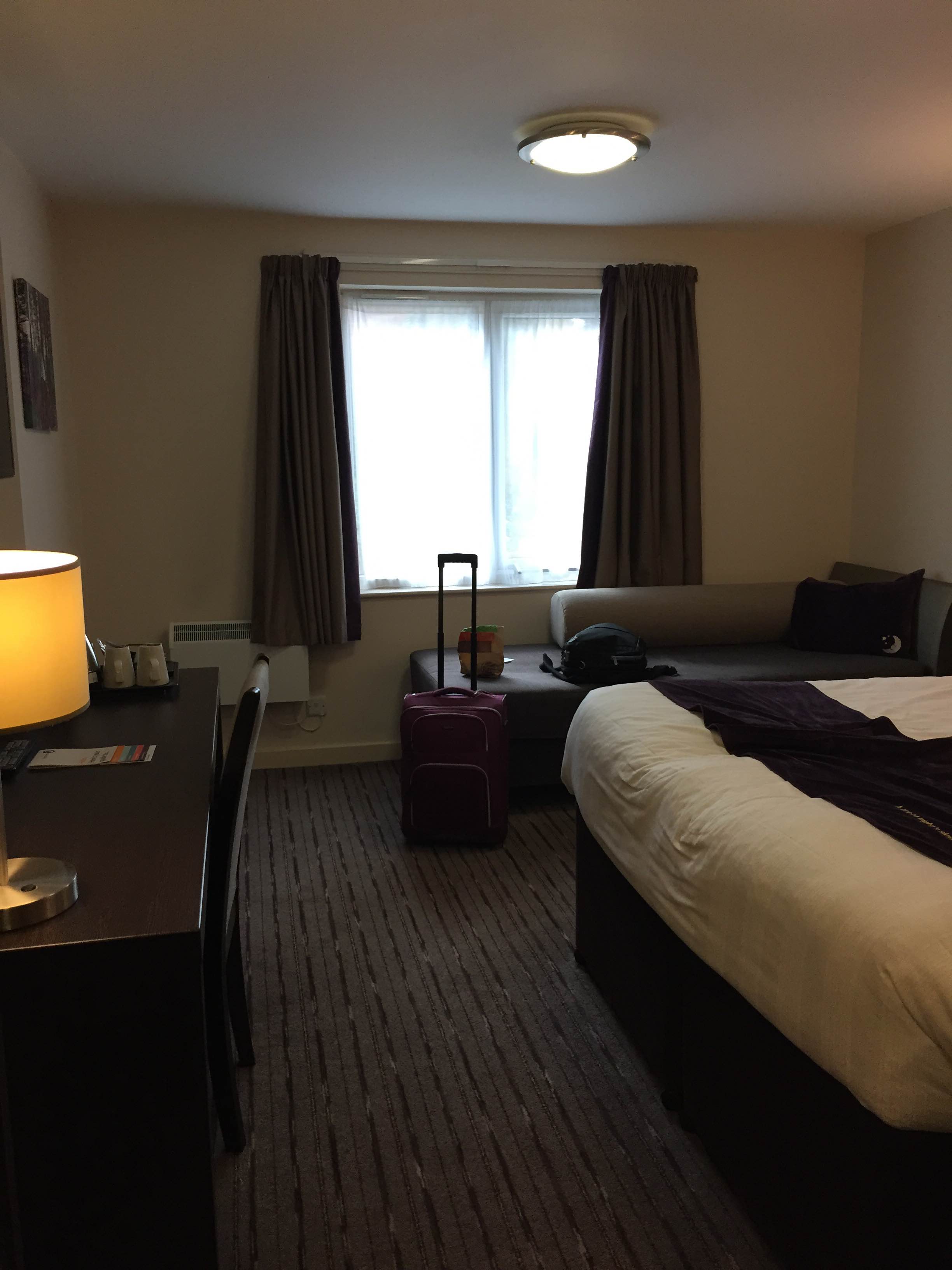
Exam Day
I have to mention that it is completely normal to freak out or feel lost or blank the day before the exam. I had a major freak out session the night before my exam where I was absolutely convinced that i knew nothing and should not even attempt the exam :p. Just remember to persevere on! If i can do it, so can you!
I was in the first batch which means my arrival time was 8:30am. I, unfortunately, missed my taxi and ended up arriving at around 8:40am. Thankfully i was still within time.
Once you enter the building you will be directed to the GMC floor (which was the 2nd floor i believe). Your photo will be taken and you will be given an ID card with your GMC number to be worn during the exam. You will be given a locker to place all your valuable items. You will then sit in a room where you will watch a video (like the one on the GMC site) telling you about the exam. After some time you will be told to make a line based on the number on you ID and then be escorted to the exam area.
It is actually a really lovely environment and everyone makes you feel comfortable and calm. From the moment you walk into the door until your exam time it is just very pleasant.
My Exam
Station 1: History taking of Calf Pain (Give diagnosis to the examiner)
The patient was a 65 year old male who had calf pain for 2 months which was intermittent and occurred when he walked a certain distance (intermittent claudication).
– I asked SOCCRATES and tried to r/o differential diagnosis
– Differential diagnosis: DVT, Cellulitis, Trauma, Baker’s cyst, Abscess
– He gave all negatives to the above differentials
– He had a positive smoking history for 30+ years, 20 cigarettes a day
– I completed P3MASFTOSA
At the 30 second bell the examiner asked me what my diagnosis was. Before I answered her I made sure to thank the patient. I told her my most likely diagnosis is peripheral vascular disease (I also mentioned chronic limb ischemia – which wasn’t necessary to do).
Station 2: Coeliac Disease Counselling
A father is concerned about his child who has just been diagnosed with coeliac disease
– I started the basic steps of counselling “I understand that your child has not been feeling well and he had some investigations done (if mentioned in the task). Has anyone been here to discuss his diagnosis with you? Well I am here to discuss that with you and address any of your concerns….”
– He didn’t know what it was and asked what it was and I told him
– He has ulcerative colitis, I told him autoimmune diseases can run in the family but what his son has is not ulcerative colitis
– He asked about management
– He said he has financial issues due to employment issues, I told him it is available for free to children below 16 with a prescription from a GP
– I offered leaflets
Note: I made very sure to check his understanding after every statement i made and I also went along with his flow. I asked him; what are your concerns, do you have any more questions?
Station 3: Secondary Survey (neck and chest injury ruled out)
The patient had been in a RTA and as soon as i entered the room and introduced myself he complained of pain in his left thigh.
– I told him I was sorry about his pain
– I told him that i need to examine the area. I noted that there was a swelling (verbalised all of this for the examiner) and when i palpated he yelled. I apologised.
– I asked if he had any allergies to medication, he said no. I then mentioned that I’d like to start him on IV morphine, I’d also like to immobize the limb with a Thomas splint, place 2 large bore IV cannulas and send bloods for FBC, U&E, Glucose, Cross matching, Inform my seniors and consult Orthopaedics.
– AMPLE history (I actually forgot to do this)
– Head to toe examination (Including abdomen and pelvis especially)
– According to my colleagues he did give positive tenderness on palpation of the pelvis however i did not note that. In that case mention the management of pelvic fracture.
– Thank patient
– Ensure his comfortability.
Station 4: Rest
Station 5: Laprascopic Sterilisation (Counselling)
25 year old female who is interested in laprascopic sterilisation.
– I told her that i’m sure we could help her but i’d like to ask her a few questions. I asked the 3 main questions of sterilisation. If you have a regular partner have you discussed this with them? How many children do you have? Have you completed your family?
– She had discussed with her husband and was sure.
– I asked her what exactly she wants to know and she said everything. So I explained from anaesthesia to surgery (drew the diagram) to closure.
– She asked the complications and I told her the main 3 complications of any surgery which as bleeding, infection and injury to the surrounding structures (I made sure to tell her if she bleeds we might transfuse and ensure she has no restriction, infection would be treated with antibiotics and that injury is highly unlikely as we have skilled doctors). I also told her that reversal procedure is not funded by the NHS so she would have to pay by pocket.
– She asked if she needs extra protection. I told her she will need it until her next period.
– Offered leaflets
– Told her to come back once she’s made a decision.
Station 6: Suturing
It was a pretty straight forward station, exactly like the notes.
Station 7: Fluoxetine Counselling
In this case I approached it by paraphrasing the task. I think i has started off by saying “I understand that you have been prescribed this medication and I’ll be discussing it with you and addressing any of your concerns” He said alright. I told him he had been prescribed one tablet once a day. He said he knew. I asked are there any particular concerns you have? Then he said they’re not working! I was like, oh goodness you’ve already started them!! (in my head).
– I then asked him how long he had been taking them
– I assured him that the medication takes time to build up in his system and he shouldn’t expect results until 4-6 weeks
– He asked about the complication. I mentioned that he might experience skin sensitivity and he should avoid sunbaths or sunbeds. I also mentioned suicidal thoughts and if this occurs to come to inform his doctor immediately. I mentioned drowsiness and he should avoid operating heavy machinery if he feels drowsy. I also mentioned dry mouth (chew gum). I asked him if he consumes alcohol, he said sometimes. I told him that he would need to stop while he is on this medication. I asked is he might have any difficulty stopping and he said no.
– I couldn’t remember all the complications off the top of my head but i tried to remember the serious ones.
Station 8: Digital Rectal Exam (Manikin)
The diagnosis was left side prostatic carcinoma. I had messed up this in my manikin mock so i made sure to be very careful about what I was feeling.
Station 9: IV Cannulation
This went very well and then at the end i realised I forgot to flush with normal saline
Station 10: Elderly abuse assessment
An elderly woman came in with bruises after a fall (i can’t remember if there was a fracture as well). Talk to the daughter and assess for elderly abuse.
– Immediately the daughter asked me “How is my mother?! Is she alright?” It shocked me a bit cause the task didn’t really mention how the mother was. It took me a while to articulate myself and I just said “I’d just like to ask you a few questions first then we can discuss her condition, would that be alright?” That was not the ideal answer but it’s all I could come up with
– The daughter was very concerned
– I asked about living conditions, ability to walk independently, medical condition, medication, memory issues
– I asked wether she noticed the other bruises. She said she didn’t but she works and its possible she’s fallen before. She’s been having difficulty taking care of her.
– I told her we need to admit her (she was alright with it), she needs to be seen by the bone specialist, physiotherapist and occupational therapist (who can also come to the home and ensure its safe for her as she is prone to falls). I said that she also needs to be reviewed by a geriatric doctor who can determine if she has any medical illnesses and someone to assess her brain function as she’s been having memory issues. I also mentioned that we can offer her social services (she said she can’t afford it so I assured her it will be for free, she asked if i was sure and I said i’ll confirm with my seniors).
– Asked for concerns or questions
– Thanked her for speaking to me
This was not a case of elderly abuse. She was very concerned brought her to the hospital as soon as she saw her fall. She’s been having trouble taking care of her alone as she is at work all day.
Station 11: Testicular pain – take history and discuss management with the patient
Because this case involved discussing management with the patient I only took a relevant history.
– SOCCRATES and r/o differential diagnosis
– Differential diagnosis: testicular torsion, epididymorchitis, trauma, tumor, mumps, hernia
– He had a history of fever and runny nose
– Told him we need to admit him, test his urine if it is positive for infection we would start him on antibiotics (NB: I asked if he had any allergies to medication). He may be suffering from an infection of the testes or there is a chance it might be something more serious like torsion so we may do a scan if that is the case then we might need to do a procedure to untwist the testes (it was unlikely cause he had the pain for 2 days). I also said a viral infection called mumps can cause a pain in that case we would just give you pain killers.
– I asked if he had any concerns.
-Thanked him
Station 12: Rest
Station 13: Talking manikin with shortness of breath and chest pain
The diagnosis was COPD exacerbated by pneumonia
– I introduced myself
– Checked the monitor (notes a low O2 saturation and fever)
– Mentioned i’d ideally start him on oxygen 24% venturi mask
– Took relevant history (long history of smoking, has been diagnosed with COPD before)
– Examined his chest (percussion and auscultation only) – wheeze and crepitation
– Thanked the patient
– Told the examiner my diagnosis
Note: I told the patient i needed him to be undressed above the waist. I then asked if i should help remove his shirt (as its a manikin). He said yes please. I also made sure to cover him up after i was done.
Station 14: Knee Examination
This was such a simple one but for some reason i feel i didn’t do well in this one. The diagnosis wasn’t clear for me as the simulator was giving me mixed findings.
– According to my colleagues the diagnosis was medial collateral ligament and medial meniscus injury
Station 15: Collapse in a child – History taking and diagnosis to examiner
Diagnosis was vasovagal syncope
– Straight forward history
I personally forgot the paediatric questions (can you believe it!) Antenatal, natal, post natal, development and immunisation.
– P3MAFTOSA
– Diagnosis
– Differentials: Hypoglycaemia, epilepsy, infection e.g. meningitis.
Station 16: Hemicolectomy counselling
– I addressed his concerns
– Drew the lesion in the right colon (I actually asked to look at the task to confirm the location before i drew it)
– He asked about the exact length of the scar I told him I wasn’t sure of the exact size in centimetres and would confirm with my seniors (the go to phrase when not sure).
– He asked complication and I told him (he would cut me when i was talking and ask something different but i addressed anything he asked)
– I wasn’t able to tell him more but i made sure i was going at his pace and addressing his concerns
After the Exam
Because I had freaked out so much the night before I was just happy I was able to maintain a flow during my exam and that I recognised every station as I had practiced it either in class or in the mock.
I was happy after the exam because the simulators and examiners were so nice! I had expected everyone to be very serious and for some reason i imagined them all in black suits. But every examiner said an incredibly friendly “Hello! Good morning!” They smiled and some stood up to look at my GMC number which really surprised me. It was just a very welcoming environment.
I initially thought “I might pass” then, as the days went on, I convinced myself that I had failed. After many sleepless nights and nightmares about my many mistakes I found out that I passed my first attempt 🙂
Although i had made mistakes I made sure to maintain the flow and I did not bring the disappointment of the last station into the next one. I tried to be polite as possible and I also always admitted if i was not sure about an answer.
I hope this post helps you and I wish you the best of luck! 🙂
